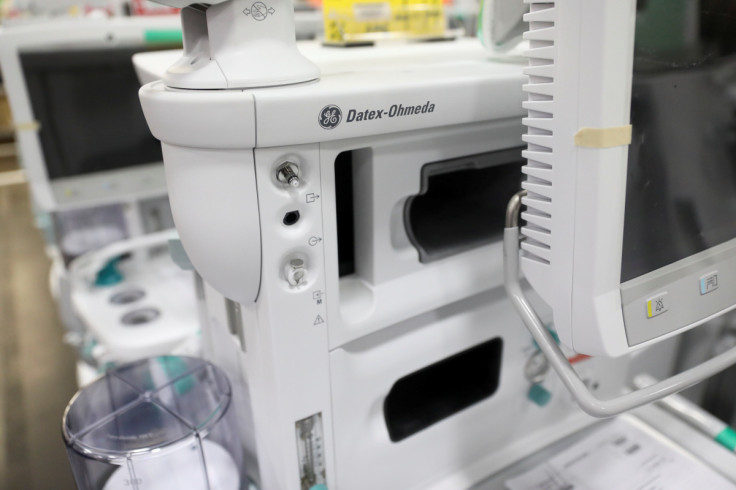How AI Changes The Healthcare Industry

AI is poised to revolutionize patient interactions with healthcare providers. It will redefine and customize patient care, diagnostics, medical treatments, and healthcare experiences. With its predictive capabilities, AI can introduce a new level of personalization and timely interaction, leading to more accurate disease diagnosis and more effective treatment, according to industry experts.
"Generative AI will revolutionize how patients interact with the healthcare system, bringing a renewed focus on human connections and individual experiences," Tim Lawless, Global Health Lead at digital consultancy Publicis Sapient, told International Business Times.
"These elements have always been fundamental in healthcare, but the advent of Generative AI and machine learning allows for the amplification of patient data usage, transforming clinical health outcomes and patient experiences at an unprecedented speed," he explained. "The predictive capabilities of AI will introduce a new level of personalization and timely interaction, possibly even before patients are aware of their needs."
Beth Tofel, founder & President of FootprintID, provides further insight into how groundbreaking AI changes will redefine patient care, diagnostics, and medical treatments.
"The incorporation of machine learning algorithms has the potential to diagnose diseases with greater accuracy than ever before and is especially crucial for early detection and treatment, where AI's precision can lead to better patient outcomes."
Tofel provides several examples of AI healthcare systems, such as IBM Watson Health, Google DeepMind Health, GE Healthcare, and Siemens Healthcareineers, up to these tasks.
"These developments indicate a shift towards a more technologically advanced, efficient, and personalized healthcare system, a transformation that is both exciting and promising for medical care," Tofel added.
Maxime Vermeir, Senior Director of AI Strategy at global intelligent automation company ABBYY, sees the most significant change from AI in healthcare coming behind the front desk.
"AI software is helping patients enroll with doctors and see specialists more easily and efficiently, enabling superior data analysis for accurate diagnoses and treatment planning, and providing administrative assistance to employees ranging from appointment schedulers to emergency room staff and physicians," Vermeir said.
John Hataway, Senior Director of Continuous Improvement at Savista, anticipates that in the near term, there will be advancements in expanding the scope of administrative tasks that can benefit from AI-driven automation, ultimately leading to improved accuracy and efficiency.
"For instance, automating clinical note-taking and documentation during patient-provider interactions can improve process efficacy, allowing healthcare professionals to concentrate more on patient care," Hataway explained. "This automation extends to back-office tasks such as coding, billing, and claims management through improved AI synthesis of information. Ultimately, this shift will allow the allocation of more resources toward enhancing patient care and experience."
Hataway believes AI technology rollouts in healthcare are likely to positively impact the industry's bottom line by increasing efficiency and reducing costs. "Automated administrative tasks and improved information synthesis can lead to cost savings and faster, more efficient service delivery," he stated.
Meanwhile, Hataway sees the top line benefiting from AI-enhanced diagnostics and more accurate clinical pathways. "This could lead to better patient outcomes and potentially higher revenues," he added. "Improved diagnostics and patient management may attract more patients and partnerships, enhance the organization's reputation, and enable the provision of higher-value, personalized care services."
Gary Shorter, Head of AI and Data Science at IQVIA, quotes research showing that adopting AI could lead to 5-10% savings in U.S. healthcare spending, an equivalent of $200-$360 billion annually.
"AI significantly decreases manual labor required to sort, clean, and analyze data, a growing challenge within the industry, and increasingly critical considering approximately 30% of the world's data volume is currently generated by healthcare," he added. "Improving data analysis and automation through AI could improve patient outcomes and savings across the industry."
In the future, Lawless expects to see the development of new applications that will continue to improve patient outcomes and experiences. "As the technology continues to evolve, we can expect to see innovative applications of AI that will not only streamline healthcare processes but also make healthcare more personalized and patient-centric," he stated. "We expect Generative AI to play a key role in shaping a more efficient and effective healthcare system overall."
© Copyright IBTimes 2025. All rights reserved.





















